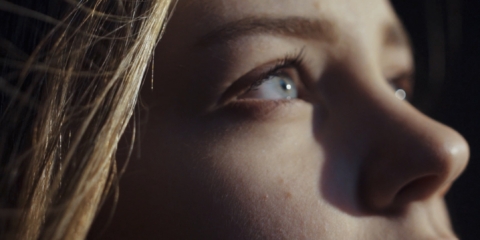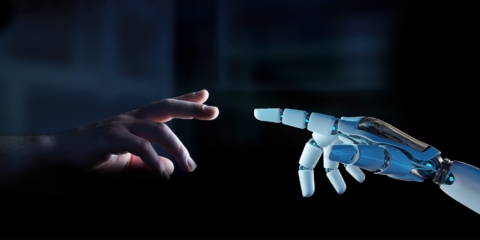Would you like to get notifications from Christian?
What happened? Dyson is moving into robotics with a particularly ambitious program. Washing dishes, putting away toys, and cleaning a sofa are just some of the household tasks that a future autonomous robot from Dyson could one day perform. The British manufacturer, which specializes in premium household appliances including vacuum cleaners, air purifiers, and the Supersonic hairdryer, is moving into robot territory with the aim to make our lives easier at home.
Why is this important? How will this impact people and the planet? As Dyson CEO Max Conze notes, the robot revolution is already underway in manufacturing and logistics. The next step, he believes, is to bring robotics into the home in order to automate domestic chores. While this might sound like a dystopian future straight out of The Jetsons (or Black Mirror), it’s important to remember that robots are designed to complement and assist humans, not replace them. So while your robot might be able to handle the dishes from now on, you’ll still be needed to provide the loving touch (and conversation) that only a human can provide.
What’s next? What are the Implications? Dyson is just one of many companies working on domestic robots, and it’s still early days yet. But as the technology continues to develop, we can expect to see more and more of these robot helpers making their way into our homes. In the meantime, we’ll just have to keep doing the dishes ourselves. But wouldn’t it be nice if we had a robot to help with that?
What do you think about domestic robots? Would you welcome a robot helper into your home? Let us know in the comments below.
Author: Christian Kromme
First Appeared On: Disruptive Inspiration Daily
Christian is a futurist and trendwatcher who speaks about the impact of exponential technologies like AI on organizations, people, and talents. Christian tailors his presentations to your audience’s specific industries and needs.




Embracing the advancements of technology and AI can enhance our humanity. We can focus on developing our unique talents and skills by automating mundane tasks and freeing up our time. As humans, we can adapt and learn, allowing us to evolve and stay relevant in a rapidly changing world constantly.


Organizations will need to be more fluid, dynamic, and adaptable: the ability to change and adjust in response to new situations and environments. We are on the cusp of a new era of organizations, ones that are more fluid and agile and which behave like swarms we see in nature.




In the future, 3D printing and generative design will allow for products to be designed in a more decentralized manner, and production will take place closer to the customer and fully on-demand. 3D printing technology will also allow for more customization and personalization of products.


The agricultural industry is ripe for disruption. Robotics, AI, and IoT are all technologies that have the potential to radically transform the way we grow food. In combination with vertical farming, these technologies could increase the efficiency and quality of agricultural products.

A human-centered society is one that puts people first and where technology is used to unite and empower people. It is a society that values biological life and dignity above all else. It is a society that recognizes the importance of human relationships and works to strengthen them. In a human-centered society, all members of the community are valued and treated with respect.


The future of healthcare is here. New technologies like AI, IoT, big data, and smart sensors make it possible to become the CEO of your own health. Imagine that your phone can listen to your voice and AI algorithms can detect small nuances in the tone of your voice that indicate specific diseases.
